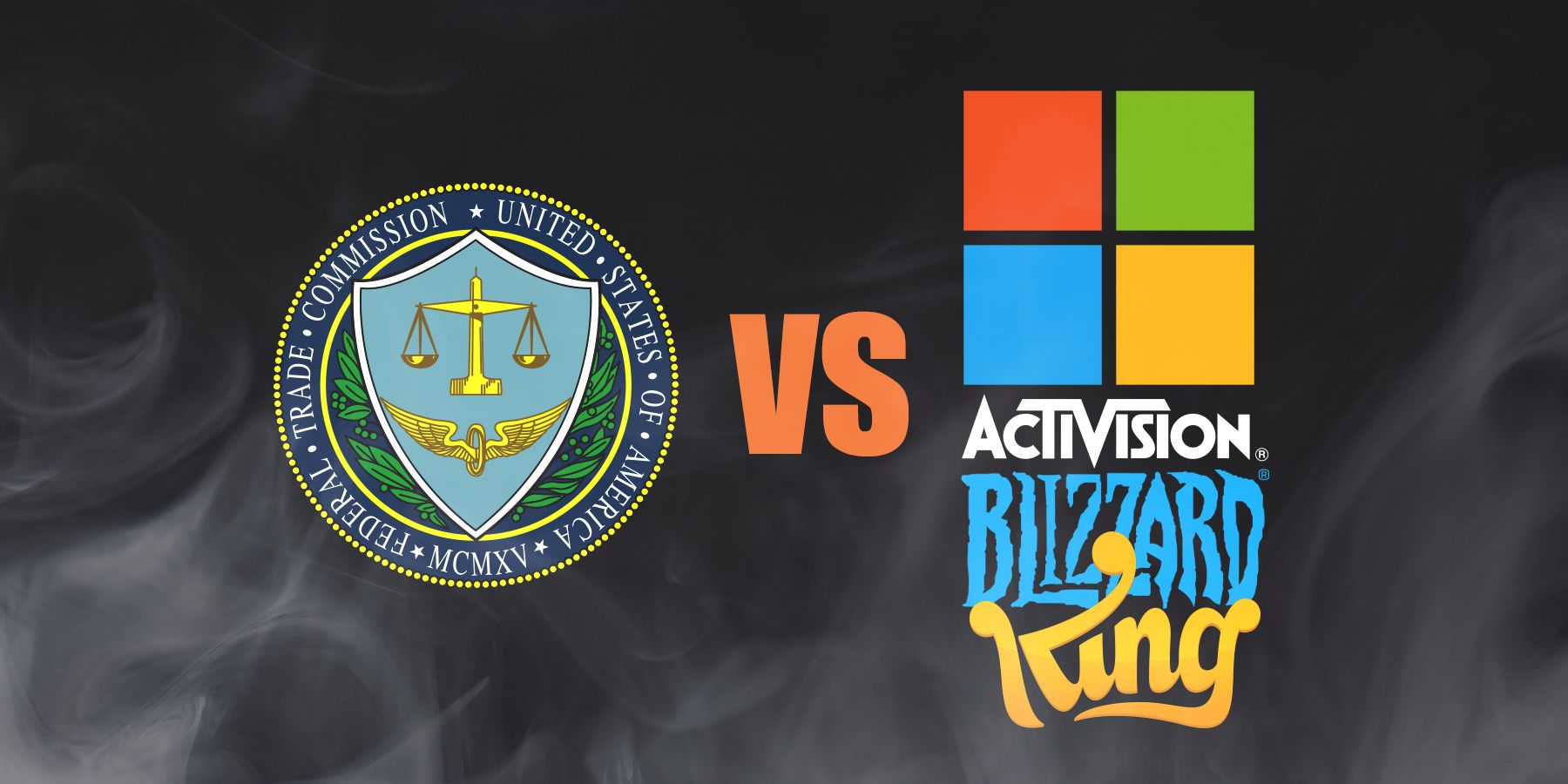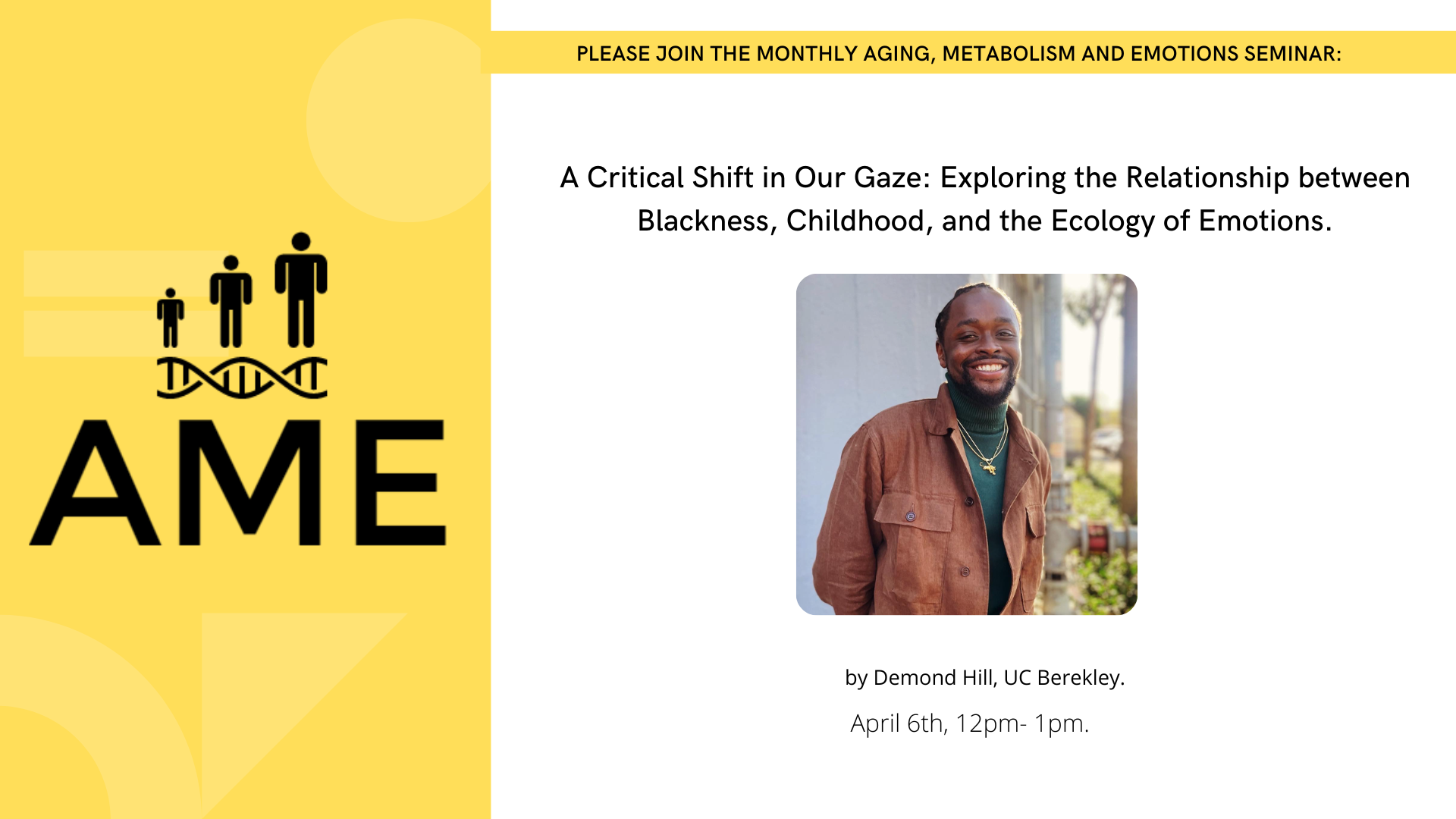FTC Challenges Microsoft's Activision Acquisition: Examining The Appeal Process

Table of Contents
The FTC's Antitrust Concerns
The FTC's core argument centers on the potential for reduced competition in the video game market, particularly concerning the immensely popular Call of Duty franchise. The commission argues that Microsoft's acquisition of Activision Blizzard, which owns Call of Duty, would give Microsoft undue market dominance, stifling innovation and harming consumers.
- Market Dominance Concerns: The FTC fears that Microsoft's Xbox gaming ecosystem would become overly dominant after acquiring Activision Blizzard's significant portfolio of games and intellectual property. This could lead to less competition and potentially higher prices for consumers.
- Harm to Competitors: A key concern is the potential negative impact on competitors like Sony PlayStation. The FTC argues that Microsoft could leverage Call of Duty's popularity to make it exclusive to Xbox, thereby harming PlayStation's competitiveness and potentially driving customers towards the Xbox ecosystem.
- Exclusive Content and Platform Lock-in: The FTC is worried that Microsoft might use its newly acquired power to make key Activision Blizzard titles exclusive to its Xbox platform or its cloud gaming service, Game Pass. This "platform lock-in" could significantly limit consumer choice.
- Defining the Relevant Market: A crucial aspect of the FTC's case involves defining the relevant market. The FTC considers various aspects, including console gaming, PC gaming, and the burgeoning cloud gaming market. How these markets are defined will significantly influence the assessment of Microsoft's market power.
Microsoft's Defense Strategy
Microsoft has vigorously defended its proposed acquisition, arguing that the merger would benefit consumers and enhance competition. The company has presented several counterarguments and proposed remedies to address the FTC's concerns.
- Multi-Platform Commitment for Call of Duty: Microsoft's central defense revolves around its commitment to keeping Call of Duty available on multiple platforms, including PlayStation. The company has offered long-term contractual agreements to ensure continued availability on Sony's consoles.
- Dynamic Gaming Landscape: Microsoft argues that the gaming market is highly dynamic, with numerous competitors and evolving technologies. They contend that their acquisition wouldn't create a monopoly and would actually foster innovation.
- Investments in Game Development and Cloud Gaming: Microsoft highlights its significant investments in game development and its expanding cloud gaming service, Game Pass. They argue that these investments benefit consumers by providing greater access to a wider range of games.
- Challenging Market Definition: Microsoft might challenge the FTC's definition of the relevant market, arguing for a broader definition that includes mobile gaming and other entertainment platforms to demonstrate less market concentration.
The Appeal Process: Legal Pathways and Timeline
The appeal process for the Microsoft Activision Acquisition Appeal is complex and could involve multiple stages. The outcome will depend on various factors, including the FTC's findings, Microsoft's defense, and the interpretation of relevant antitrust laws.
- Administrative Law Judge Hearing: The FTC will initially hold an administrative law judge (ALJ) hearing to gather evidence and present arguments. The ALJ will then issue a decision.
- Federal Court Appeal: Either party can appeal the ALJ's decision to a federal court. This court will review the ALJ's findings and potentially overturn them based on legal arguments.
- Timeline: The timeline for this process is uncertain but could span several months or even years, depending on the complexity of the case and any appeals.
- Potential Outcomes: Possible outcomes include a complete FTC victory blocking the merger, a Microsoft victory allowing the acquisition to proceed, or a negotiated settlement with conditions.
Key Legal Precedents
Several past antitrust cases could significantly influence the outcome of the Microsoft Activision appeal. These precedents offer valuable insights into how courts have addressed similar merger challenges in the past.
- Specific Cases: Examples include past mergers within the tech and entertainment industries. Attorneys for both sides will likely cite these precedents to support their respective arguments.
- Similarities and Differences: The legal teams will highlight similarities and differences between these precedent cases and the Microsoft Activision situation, trying to convince the courts of the merits of their respective positions. The unique aspects of the gaming industry and the specific concerns surrounding Call of Duty will likely play a crucial role in how the court weighs these precedents.
Conclusion
The FTC's challenge to the Microsoft Activision acquisition presents a significant antitrust case with potentially far-reaching consequences for the gaming industry. Understanding the nuances of the Microsoft Activision Acquisition Appeal process, from the FTC's concerns to Microsoft's defense and the legal pathways ahead, is essential for anyone interested in the future of the gaming landscape. This complex legal battle highlights the ongoing tension between technological innovation, market dominance, and consumer protection. Staying informed about the progress of the Microsoft Activision Acquisition Appeal is critical. Continue to follow this developing legal battle to understand its impact on the future of gaming. For further updates and analysis on this complex case, continue to check back for future articles and analysis on the Microsoft Activision Acquisition Appeal.

Featured Posts
-
 L Alfa Romeo Junior 1 2 Turbo Speciale Sous La Loupe De Le Matin Auto
May 22, 2025
L Alfa Romeo Junior 1 2 Turbo Speciale Sous La Loupe De Le Matin Auto
May 22, 2025 -
 Skin Bleaching Self Image And Vybz Kartels Journey
May 22, 2025
Skin Bleaching Self Image And Vybz Kartels Journey
May 22, 2025 -
 Javier Baez Recuperacion Y Productividad En El 2024
May 22, 2025
Javier Baez Recuperacion Y Productividad En El 2024
May 22, 2025 -
 El Superalimento Que Supera Al Arandano Beneficios Para La Salud Y La Longevidad
May 22, 2025
El Superalimento Que Supera Al Arandano Beneficios Para La Salud Y La Longevidad
May 22, 2025 -
 Airline Industry Summer Outlook Challenges And Predictions
May 22, 2025
Airline Industry Summer Outlook Challenges And Predictions
May 22, 2025
Latest Posts
-
 Reduced Jackson Elk Hunting Permits Following Public Outcry
May 22, 2025
Reduced Jackson Elk Hunting Permits Following Public Outcry
May 22, 2025 -
 Jackson Elk Herd Hunt Season Deeper Cuts After Public Feedback
May 22, 2025
Jackson Elk Herd Hunt Season Deeper Cuts After Public Feedback
May 22, 2025 -
 Protecting Wyomings Otters A Critical Turning Point In Population Management
May 22, 2025
Protecting Wyomings Otters A Critical Turning Point In Population Management
May 22, 2025 -
 Otter Conservation In Wyoming Challenges And Solutions
May 22, 2025
Otter Conservation In Wyoming Challenges And Solutions
May 22, 2025 -
 Wyoming Otter Management A Critical Shift
May 22, 2025
Wyoming Otter Management A Critical Shift
May 22, 2025
